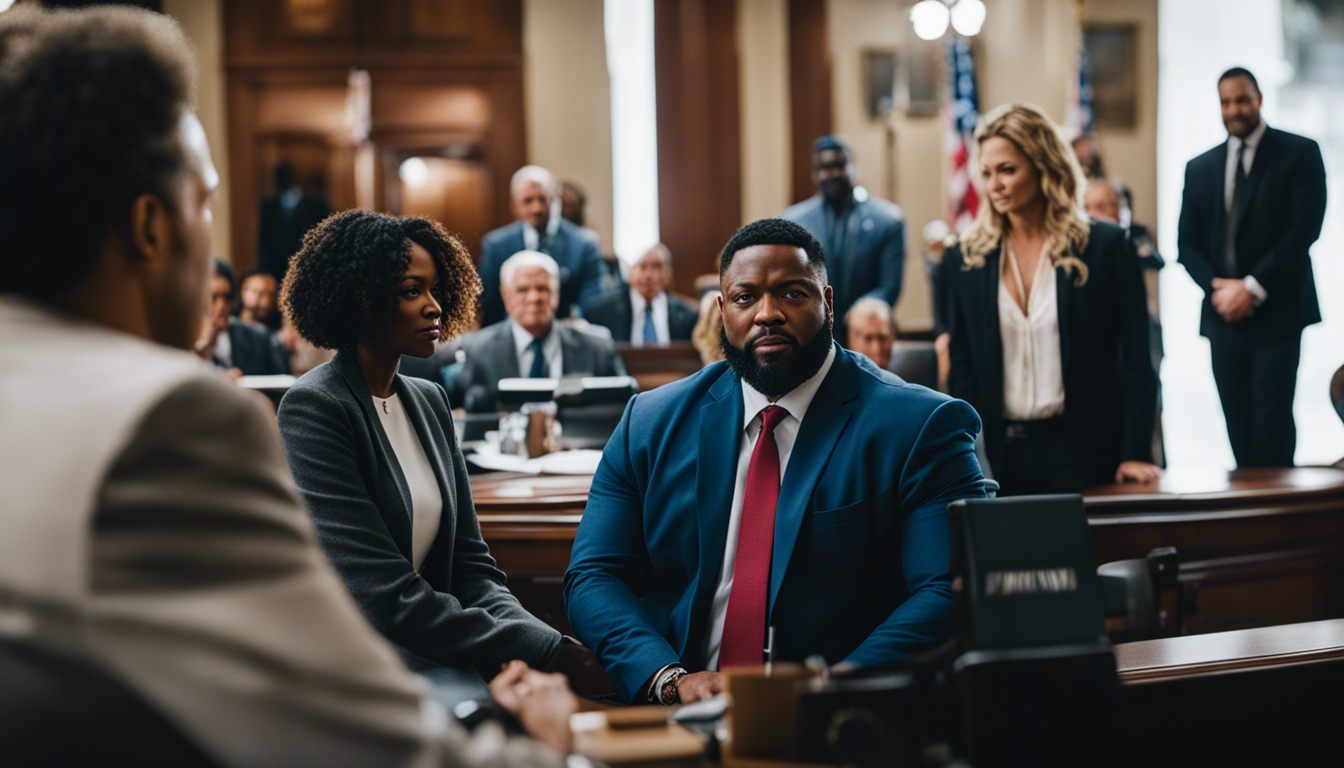
Judge delays ruling on whether Fulton County DA should be blocked from prosecuting Trump and allies

A two-day hearing regarding the potential disqualification of the Fulton County District Attorney's Office from prosecuting Donald Trump and his associates concluded without an immediate ruling from Judge Scott McAfee on Friday. The judge announced that he, along with the legal representatives from both sides, will reconvene at the end of next week or early the following week to continue deliberations on the evidence presented during the session.
The Purpose of the Hearing
The purpose of the hearing was to evaluate the defendants' request to disqualify District Attorney Fani Willis from the case. Disqualifying Willis would necessitate the case being reassigned to a new prosecutor's office, potentially causing disruptions and delays. Willis has filed charges against Trump and several others for a racketeering conspiracy to undermine Georgia's 2020 presidential election results.
Conflict of Interest Allegations
The defense lawyers have accused Willis of a conflict of interest based on her romantic relationship with special prosecutor Nathan Wade, whom Willis appointed to handle the case. They claim that Wade used funds from his work on the case to finance extravagant trips with Willis. Both Willis and Wade have acknowledged their romantic involvement but have vehemently denied any wrongdoing. They took the witness stand to refute any allegations of conflict or impropriety.
Testimonies and Allegations
Former Georgia Governor Roy Barnes was called as a witness by the prosecution to demonstrate that Willis did not simply hand the special prosecutor role to Wade but offered it to other more prominent lawyers first. Barnes testified that Willis had inquired if he would be interested in being the special prosecutor but he declined due to professional commitments.
Legal Complications
During the public session's conclusion, McAfee held a private discussion with a key defense witness, Terrence Bradley, regarding the extent to which attorney-client privilege limits his ability to testify about the romantic relationship between Willis and Wade. Bradley, who was Wade's law partner and represented him in ongoing divorce proceedings, refused to answer numerous questions about Wade, citing attorney-client privilege. McAfee expressed concerns about Bradley's understanding of attorney-client privilege, emphasizing the need for a closed-door meeting to address the matter.
Uncertain Testimony Impact
Bradley's refusal to answer questions about the relationship between Willis and Wade due to attorney-client privilege raised uncertainties about the potential impact of his testimony. Prosecutors also sought to discredit Bradley's credibility by alleging that he left Wade's law firm after a client accused him of sexual assault, which led to a settlement. However, Bradley denied the accusations, and McAfee ruled out further testimony on this issue, deeming it irrelevant to the case.
The Future of the Case
The unresolved privilege claims and the contradictory statements regarding the timeline of Willis and Wade's relationship have added complexity to the case. The judge's decision on the disqualification of the District Attorney's Office and the subsequent course of the prosecution will be determined in the upcoming sessions.
The outcome of this hearing is pivotal in shaping the trajectory of the legal proceedings against Donald Trump and his associates, as well as in addressing the allegations of conflict of interest within the Fulton County District Attorney's Office.
Share news















